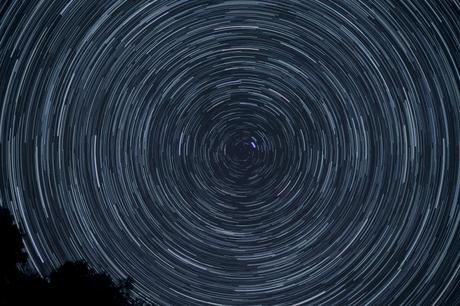
Each of us has a close group of friends and loved ones that we trust more thoroughly and consistently. This circle of trust (thank you, Robert De Niro!) is something we build up over years of interactions. As we get to know someone better, learn more about them, and share more experiences with them, we have the capacity to trust them more. We feel as though we know them better and can anticipate their actions with more accuracy relative to the person we just meet. This trust is not always well-placed, of course, but we are also more willing to give them the benefit of the doubt because we see a single deviant act as simply being out of character as opposed to it being evidence of a more sinister character trait. This dynamic impacts the way we interact with people everyday. What if this same idea applied to environments?
The research on unconscious bias is extensive at this point, and it continues to confirm the importance of in-group and out-group relationships. We are less likely to rely on our biases when interacting with someone the better we know them. If I have more information for which to judge your character, I have less need for stereotypes and generalizations. This same principle may also apply to the spaces we occupy.
We all have beliefs and opinions about different environments. We may think of a large city as more dangerous than a small town, or a university as filled with gothic architecture and sprawling green spaces. It's a privilege to be able to travel and see parts of the world outside our homes, and one that many people do not experience. A recent study of 2,000 Americans revealed that 11% of respondents have never left the state they were born in, 13% have never traveled on an airplane, and 54% have visited 10 states or fewer. 40% of respondents stated that they had never left the country.
This means that our knowledge and relationship with the world around us is fairly limited. As such, we rely more on information gleaned from the media and entertainment industry, and perhaps the occasional book. Travel televisions shows do still proliferate the streaming waves, and they can provide some wonderful and well-rounded perspectives. However, I don't think they have quite the same viewership numbers as a reality television show on any given day. Rick Steves simply can't keep up with the Kardashians.
As a result of this narrow window into the world, we are left with pretty significant "inner-space" perceptions and fairly small "outer-space" perceptions. We are forced to rely on this limited knowledge, and the same biases that impact our relationships with people end up impacting our relationships with spaces.
This applies broadly to our perceptions of distant lands but it also applies to our own backyard. How many times have you decided to not try a new restaurant or attend in event because you had the idea that it was in "a bad part of town". Perhaps you've walked into a store for the first time and your mood changed instantly based on whether or not you felt you truly "belonged" there. In these instances, our lack of firsthand knowledge of the place and the people in it means we are relying on assumptions.
These instincts can certainly keep us safe at time, but they can also shelter us from the types of experiences that can help expand our worldview. Let's not miss out on the possible joy to be had enjoying a new restaurant or discovering a little bookstore tucked away simply because we assume we shouldn't venture out. Once we decide the world is an exciting place full of new discoveries around every corner, our new and old relationships become stronger and our lives are enriched. I'd say it's time to go explore outer-space!
